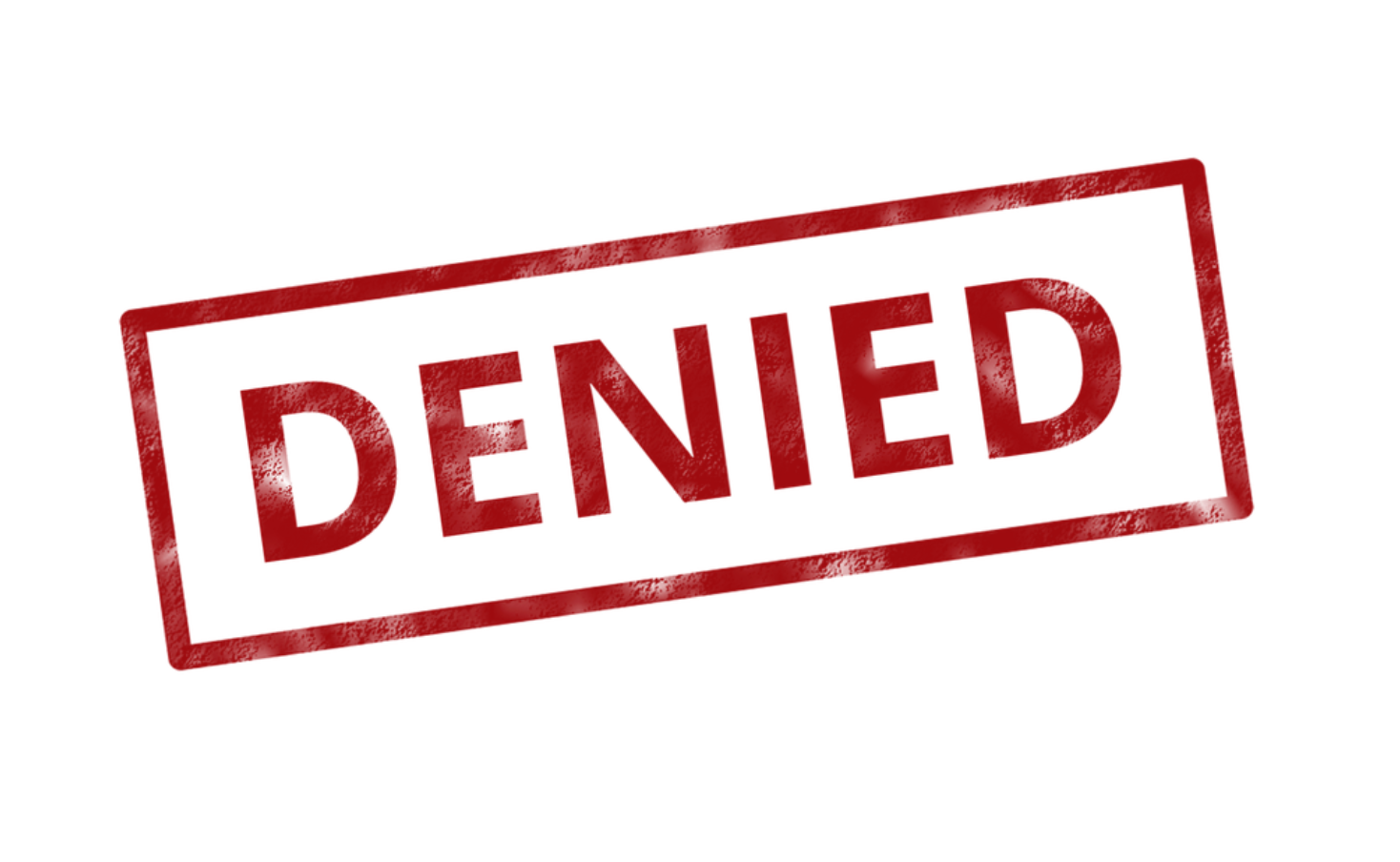If your insurer rejects your claim, chances are that you think all hope is lost.
Mississippi is a state with a high number of car crashes, and one of the highest deadly car crash statistics in the U.S. In 2020, there were 752 deaths as a result of road accidents in Mississippi. Those who end up with injuries are lucky, but they also need to go through a lengthy process to recover money for their damages and suffering, for which they will hire a Gulfport personal injury attorney.
Unfortunately, it’s not always that easy to claim compensation. There are situations when an insurance company will deny a claim. Can you sue the company when this happens? Let’s find out!
Can I Sue an Insurance Company If It’s Denying My Claim?
Yes, you can certainly sue an insurance company when they are denying your claim. When you agreed on an insurance policy with any firm, you signed a binding agreement. Therefore, the company is obligated to fulfill the terms listed there. Otherwise, they’ll violate the contract.
While this is sometimes the case, some scenarios allow an insurance company to deny your claim. In such situations, you cannot sue them as it wouldn’t be favorable.
When Is an Insurance Company Allowed to Deny My Claim?
Before you start a lawsuit and put yourself through more trouble than you’re already dealing with, you should know the situations that justify an insurance company to deny your claim. Here is when your claim can be denied by the firm:

- You filed the claim for an aspect that your policy doesn’t cover
- You paid no premiums
- The incident was not reported to the authorities at the right time, therefore you missed the deadline
- Following an investigation, it’s discovered that you already had some of the injuries before the accident
- When you filed the claim or bought insurance coverage, you didn’t offer the correct information
- Following an investigation, the insurance company discovers that you are responsible for the accident, therefore you are not eligible for compensation
- You cannot prove who is liable for the incident or the extent of the damage or injuries you’ve suffered
What Happens After Your Claim Is Denied?
If your insurer rejects your claim, chances are that you think all hope is lost. Fortunately, there are some things you can do, especially if you know that you meet the eligibility criteria for the payout. Maybe the insurance company made a mistake, so you can give it another shot.
What you can do is file an appeal with the insurance company. This will request a review of the decision made by the adjuster. Also, you can file complaints with the state agency which is responsible for regulating insurers.
In case this action isn’t successful as the insurer doesn’t want to review the decision, you can go one step further and file a lawsuit against the company.
When Is It Okay to Sue an Insurance Company That Denied Your Claim?
Let’s take a look at some situations when you can sue the insurance company for rejecting your claim:
- They denied the claim based on a misstatement of the application after the passing of the contestability period
- They delayed the claim investigation inadequately
- They didn’t deny or approve your claim within a certain or reasonable timeframe
- They didn’t defend you in a liability case where one of the claims had coverage from your liability policy
- They didn’t pay a claim when it was clear who was liable for the incident
Things to Consider When Suing a Company That Denied Your Claim
When suing the insurance company is your only option right now, you must make sure you get ready for the process, and you do everything right. Here are some tips that can help you:
- Always make sure you have records of the property that is insured. After the accident occurs, you should take pictures of your home or car as soon as you can. Aside from pictures, you can also bring relevant receipts.
- Keep records of any correspondence with the insurance company. Note down the phone conversations you’re having and keep copies of the emails between the two of you. Also, always expect them to record your calls.
- Pick an experienced and knowledgeable lawyer in your area.
- Make sure you document any of your expenses, like attorney’s fees, repairs, lost wages, and medical bills.
Final Thoughts
Suing an insurance company for denying your claim is certainly possible. However, you must ensure that the company didn’t have a good reason to reject your claim so that you don’t waste time and money on an unsuccessful lawsuit.


Join the conversation!